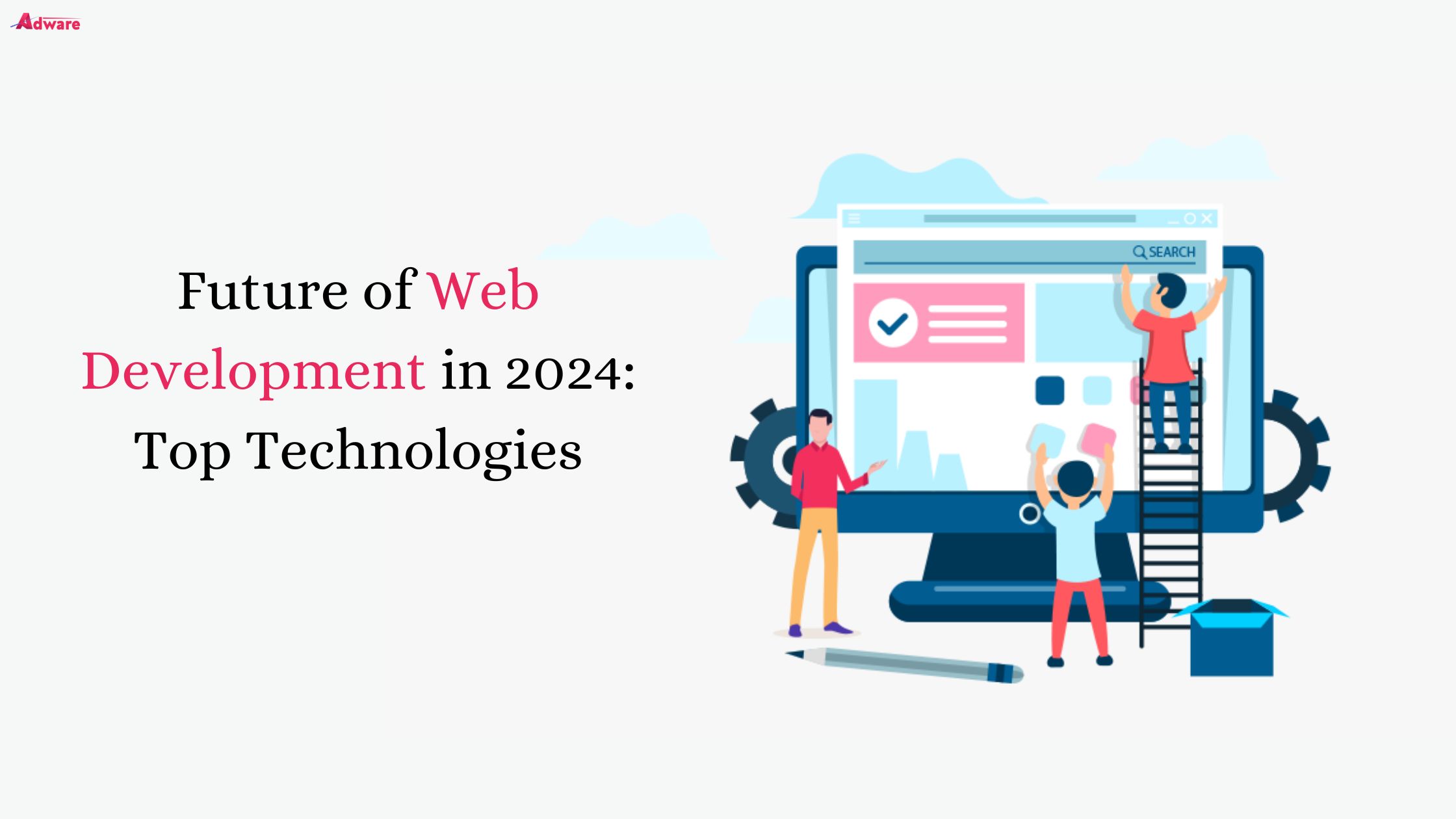History of Web Development
Tim Berners-Lee created the World Wide Web (WWW) in 1989, marking the start of web development. Initially, it was for sharing and gathering information, not for business. Over time, the web became popular, and developers experimented with technologies to improve user experience.
In the late 1990s, server-side languages like PHP allowed dynamic web pages, leading to e-commerce and online apps. By the early 2000s, frameworks like Ruby on Rails and Django simplified complex web apps. Mobile devices in the mid-2000s saw responsive web design for consistent user experience.
Today, web development evolves with JavaScript frameworks and APIs, enabling dynamic web apps. Artificial intelligence and machine learning bring innovations like chatbots and voice assistants. There are top Technologies following as -
1. Accelerated Mobile Pages (AMP) :
Fast-loading web applications are important to many, including Google. One way to make them load quickly is by using Accelerated Mobile Pages (AMP) technology. Although AMP is mainly for static content, it loads very fast, which impresses users. This new way of building websites simplifies content by removing extra things and focusing only on important information like text and pictures. If you want to amaze your users with fast loading times, AMP is the perfect solution!
2. Artificial Intelligence (AI) :
Artificial Intelligence (AI) is creating ripples across the technology industry, and its impact on the future of web development is undeniable. However, it's crucial to recognize that the collaboration between humans and AI, rather than AI acting alone, will shape the field.
AI introduces virtual coding assistants that aid developers in writing more precise code with minimal effort. Furthermore, AI offers Artificial Design Intelligence (ADI), supporting designers in crafting comprehensive e-commerce websites, and managing everything from structure to content.
Moreover, AI streamlines Search Engine Optimization (SEO), a typically time-consuming task. AI tools generate high-ranking headlines, identify relevant topics, and perform keyword searches, simplifying the SEO process.
Thanks to its swift evolution, AI has gained a reputation as a reliable and flexible technology. With AI taking the lead in web development, the future looks bright, teeming with boundless opportunities.
ChatGPT serves as a notable example, demonstrating the capabilities of Artificial Intelligence. With its growing popularity and rapid development, AI has transformed our interaction with technology, offering features like human speech recognition and unparalleled convenience.
Indeed, AI has become a game-changer in web development, revolutionizing our internet experience. With technology giants like Google and Microsoft investing heavily in AI, it emerges as one of the most intriguing and promising technologies to keep an eye on in the future.
3. Decentralized Technology :
Decentralized technology is becoming a significant trend in the future of web development for many good reasons. It refers to systems and platforms that work without needing a central authority. Instead of being controlled by one entity, these systems operate on a network of nodes working together. This approach ensures agreement and accomplishes tasks. This technology not only makes things faster and more practical but also makes operations feel more secure and safe.
4. Move to Serverless Architecture :
Serverless architecture is the awaited solution for challenges like system overloading in web development. It's the technology leading the future of web development. This innovative approach works on cloud technology, enabling users to write and run code for different applications. With serverless architecture, there's no need for server management, provisioning, or upgrades, making life easier for developers. Amazon is a prime example, already embracing this technology and sharing its benefits worldwide.
5. Progressive Web Apps (PWAs) :
Progressive web apps (PWAs) aren't a novel concept in web development. They blend elements of native and standard web apps, aiming for high accessibility. PWAs leverage the latest web technologies to create something easy to locate and efficient. They aim to replicate the user experience of native apps across different platforms and are often hailed as the simplest to build.
PWAs utilize familiar web technologies such as HTML, JavaScript, Angular, CSS, and React, ensuring users enjoy a delightful experience. Given their efficiency, ease of development, and seamless user interaction, PWAs are poised to remain a significant trend in the future of web development.
6. Single Page Applications (SPAs) :
Single Page Applications (SPAs) are poised to become key technologies in the future of web development. They offer a smart approach, especially for mobile screens, enabling users to smoothly navigate through content on a single page. Major players like Facebook and GitHub have already embraced SPAs.
SPAs operate efficiently within the browser's natural flow, eliminating the need for constant page reloading. They've gained popularity for their ability to minimize wait times and deliver a seamless user experience.
This concept is highly valued for its diverse features, establishing it as one of the prominent trends in future web development.
7. Quantum Computing :
Quantum Computing emerges as a highly anticipated technology for the future of the web. Since its inception in the 1980s, it has transformed web development and is now considered essential going forward. Quantum Computing utilizes quantum bits (qubits) to perform complex calculations much faster than traditional computers. This means that Quantum Computing has the potential to significantly improve the speed and efficiency of web applications, particularly those involving extensive data processing. Consequently, web developers proficient in Quantum Computing can create more powerful web applications in less time compared to those who are not familiar with it.
8.GitHub Copilot :
In the realm of web development's future, a fascinating trend arises GitHub Copilot. This impressive tool employs AI to suggest code snippets and complete code in real time, tailored to the programming language and context. Developed collaboratively by OpenAI and GitHub, it emerges as a potent solution for efficient programming, saving time, and enhancing code accuracy. Available as a plugin for Visual Studio Code, GitHub Copilot can even be customized to recognize specific code patterns and conventions used in your project. With GitHub Copilot, programming has become more accessible than ever!
9. Motion UI :
The future of website development is filled with exciting new trends, and one of the most promising ones is Motion UI. This framework, known as SAAS, empowers UI/UX developers to craft impressive animations and transitions using pre-set animations, Reveal, and Orbit components. With Motion UI, websites can elevate the user experience to a superior level, setting them apart from the competition. Since 2018, this technology has been gaining traction and is expected to transform web development with its user-friendly approach. As Motion UI continues to gain popularity, it will undoubtedly redefine the landscape of web development. Stay ahead of the curve and harness the power of Motion UI for your website!
10. Blockchain Technology :
Blockchain technology has seen a big rise in popularity since 2020, signaling just the start of its use in web development. When used well, Blockchain lets website owners and developers track databases easily with the same technology. Many front-end developers improve their web projects using the Waves Blockchain protocol. Also, web developers often use Smart Contracts, which are important for blockchain-based web development. Blockchain technology plays a key role in "Web 3.0," offering many capabilities for web development. For more information, contact us now!




Comments (0)